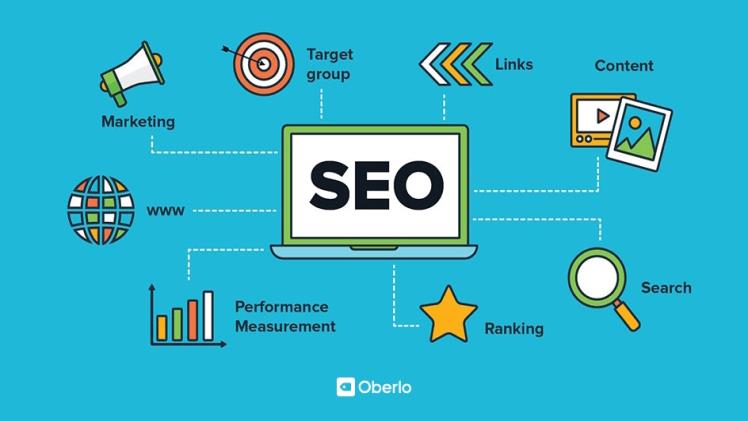Is your manufacturing website performing as good as it should be? If not, there may be issues with the technical side of your website.
Statistics reveal that over 3.5 billion Google searches are conducted every day. And only 0.8% of these searches click results that appear on the second page of Google. This implies that if your website does not rank on the first page of Google, chances are that it will barely obtain any organic traffic. This is where SEO comes in.
SEO can be broadly categorized into three types: on-page SEO, off-page SEO, and technical SEO. While most marketers focus on improving on-page and off-page SEO, they fail to pay adequate attention to technical SEO. This is a huge mistake as technical SEO is crucial to boost the overall website experience.
In today’s blog, we will understand what technical SEO is and how you can use it to boost your search engine rankings.
What is Technical SEO?
Technical SEO is a crucial component of manufacturing SEO services. Essentially, it is an aspect of SEO that covers optimizations that make your website easier to crawl by search engines. Some examples of technical SEO include enhancing the website load time, making suitable redirects, checking robot.txt files, etc. Thus, technical SEO is the process of ensuring that your manufacturing website is seen, crawled, and ranked by search engines such as Google.
Ways to Ensure Your Technical SEO is in Order
To ensure the effectiveness of your industrial marketing strategy, your website’s technical health must be up-to-the-mark. Here are some ways to boost your technical SEO.
Page Speed: Does your manufacturing website have too many big-sized images or videos? Does the website have any unwanted code? All these things can slow down the website’s performance and increase the page loading time, resulting in a high bounce rate. Make sure that your website’s pages load quickly to ensure a good user experience. You can try using Google’s PageSpeed Insight reports to analyze your website.
SSL Certificates: All websites have either HTTP or HTTPS mentioned at the beginning of their URLs. If there is HTTPS mentioned in the website, it tells the web browsers and the website users that the website is secure with a Secure Sockets Layer (SSL). This means that the connection between the browser and the web server is private and encrypted. Google considers this an important factor for ranking websites. So, if you want a secure website, you must invest in an SSL certificate and adhere to the latest web standards.
Metadata: Metadata is categorized into meta title and meta description. The meta title is the webpage’s title that shows up in the browser tab. Meta description, on the other hand, is the description of the webpage’s content. The two must be adequately optimized to ensure good technical SEO.
Errors and mobile experience: While reviewing your website through Google’s Search Console, you must ensure that there are no errors. This means resolving all 300, 400, and 500 category errors. These are some of the most common error codes that can be resolved in several ways, including server modifications or making page updates or redirects.
Conclusion
SEO is a crucial aspect for all online manufacturers. If they wish to obtain the needed online visibility and attract organic traffic to their website, they must focus on getting their SEO right.
Technical SEO plays a pivotal role in boosting search engine rankings and improving the overall user experience. You can get in touch with the experts at StratMg who can help you ensure that your on-page, off-page, and technical SEO are in order.

